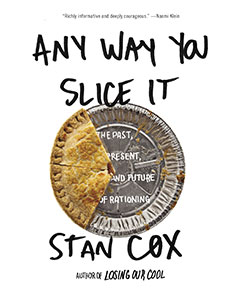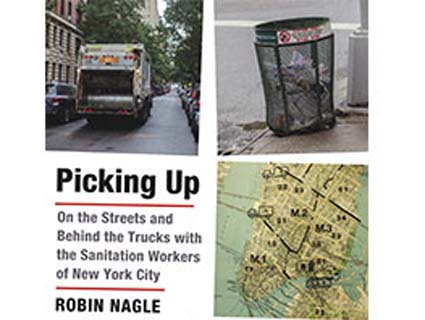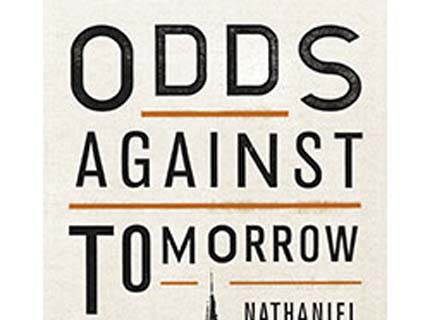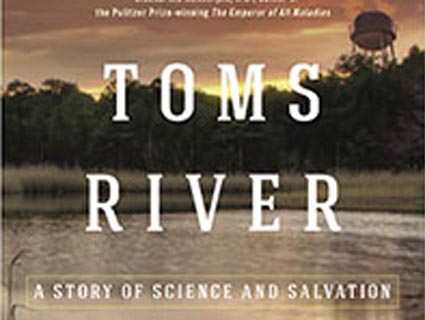Any Way You Slice It: The Past, Present, and Future of Rationing
By Stan Cox
THE NEW PRESS
In this lucid and lively book, Stan Cox, an environmental writer whose last book charted the effects of air conditioning on the American landscape, explains how “rationing” has become a dirty word. Through examples ranging from post-Hurricane Sandy gas shortages to China’s one-child policy, he depicts a society anxious about our right to consumer choice. “Whenever there’s a ceiling on available goods, no one is happy,” Cox writes. But sooner or later we’ll almost certainly have to ration food, water, and fossil fuels. “If rationing becomes unavoidable, the way it happens—justly or harshly—will depend very much on whether we have managed to build a more just society.”














